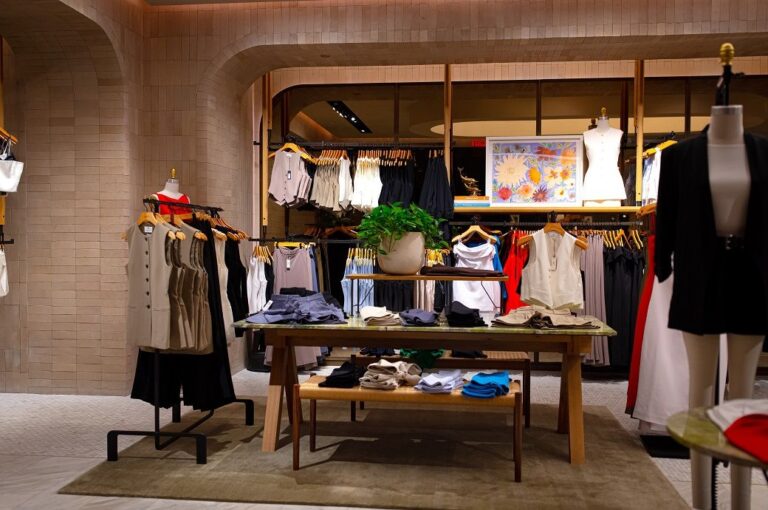

With the surge in tariffs imposed by and on the US, the medical device industry is likely to be impacted in several areas. Cost, supply chain, and market competitiveness will be altered if companies cannot afford to offset tariff costs. In response to medical device companies, healthcare facilities may stock up on medical devices to prepare for increased pricing if they have the budget, says GlobalData.
According to GlobalData’s US Healthcare Facility Invoicing Database, across 56 tracked medical device markets, the top 20 facilities by March 2025 have spent an average of 6.7 per cent more in April. This increase doesn’t appear to be attributed to specific markets – across most covered markets, some facilities increased their spend in April, while others decreased spend.
Amy Paterson, Medical Analyst at GlobalData, comments, “Necessary procedures such as aspiration thrombectomy will need to continue being done, whereas elective procedures such as hip reconstruction can be delayed. If prices of devices are driven up by tariffs, hospitals will either face shrinking profits margins or increase the cost to patients, and patients might not be able to afford the increased procedure costs.”
Paterson continues, “The top facilities have already spent more on hip reconstruction devices, with an 18 per cent jump in the average amount spent by facilities from this March to April, compared to a -3 per cent decline last March to April. Similarly, the top facilities are spending more on knee reconstruction devices. From March to April this year, we have seen a 9 per cent increase in the average spend, compared to a 13 per cent dip from March to April last year.”
Looking at aspiration thrombectomy, from March to April 2024, there was a decline of 30 per cent in purchasing. Consistently, the March to April period this year also saw a decline of 30 per cent. This suggests that the top facilities have not been stocking up on aspiration thrombectomy devices despite tariffs.
Paterson concludes, “GlobalData expects a continued steady purchasing of devices for necessary procedures, while purchases of devices for elective procedures like hip and knee reconstruction may slow if facilities have already purchased supply in advance. If tariffs continue, manufacturing sites could move into the US to avoid tariffs for both consumers and manufacturers.”




